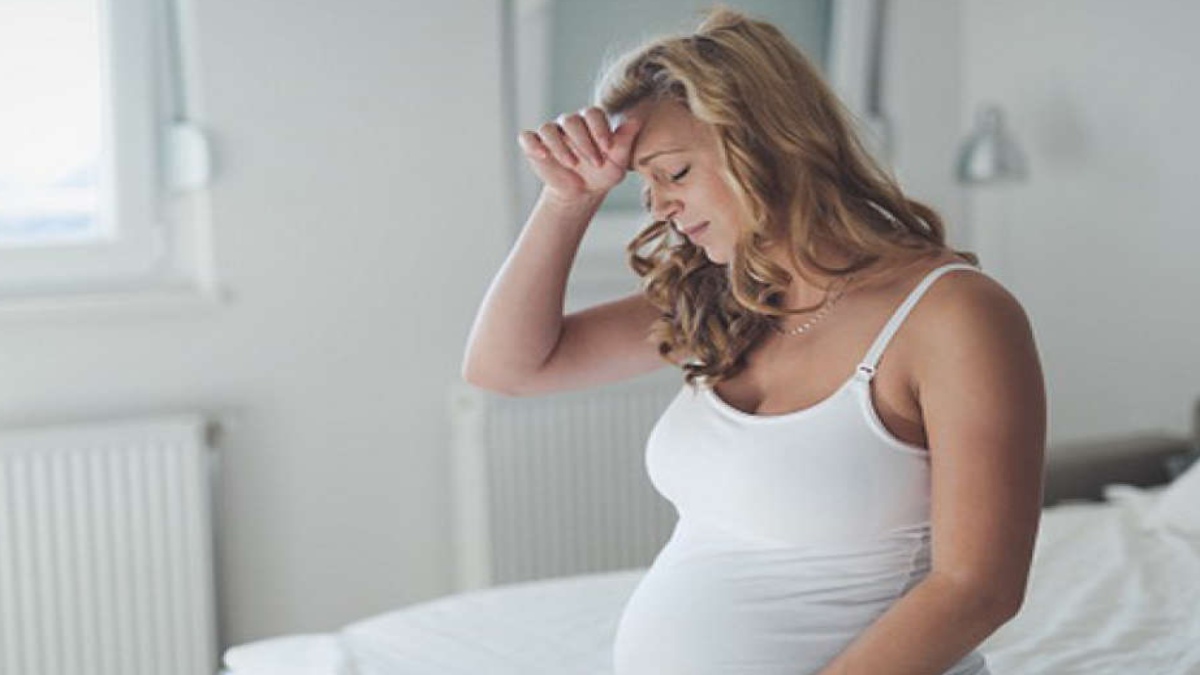


A team of researchers suggested that more mental health supports are needed for pregnant women after a survey found nearly three-quarters of individuals who had been pregnant during the pandemic reported moderate to high levels of distress and one in five experienced depressive symptoms. The findings appeared in the journal ‘Canadian Family Physician’. The researchers, led by clinicians at Unity Health Toronto, surveyed nearly 1,500 participants online, 87% of whom were Canadian—who had been pregnant during the pandemic. Nearly 69% of respondents reported moderate to high levels of distress and 20% had depressive symptoms.
“The high levels of distress highlight the importance of considering mental health centrally in support for this population,” said Dr Tali Bogler, study lead author and family physician and chair of family medicine obstetrics at St. Michael’s Hospital of Unity Health Toronto. “The findings also highlight the overall impact the pandemic has had on families and the downstream impact this will have,” she added. A limitation of the study is it didn’t have comparable data on distress levels among pregnant people prior to the pandemic. However, a population-based survey conducted in Japan before the pandemic found 28% to 32% of pregnant people reported distress.
Researchers also sought to learn more about the common sources of concern for pregnant women during the pandemic. Participants were provided with a list of 27 concerns. The top five concerns included hospital policies regarding support persons in labour; not being able to introduce their baby to loved ones; getting sick from Covid-19 while pregnant; not being able to rely on family or friends after labour for support; and conflicting medical information on Covid-19 in pregnancy and newborns, especially early in the pandemic. First-time parents were more concerned about the cancellation of in-person prenatal classes and hospital tours whereas second or third-time parents were more concerned about the transmission of Covid-19 from older children in the home. The authors said that family physicians are well placed to support perinatal mental health and can engage in screening practices and offer appropriate treatment such as counselling, public health nursing, and psychiatric appointments. They also recommend hospitals better utilise technology to help address parents’ concerns by arranging more virtual check-ins and hospital tours and provide more online resources with evidence-based information on Covid-19 relevant to expectant and new parents.